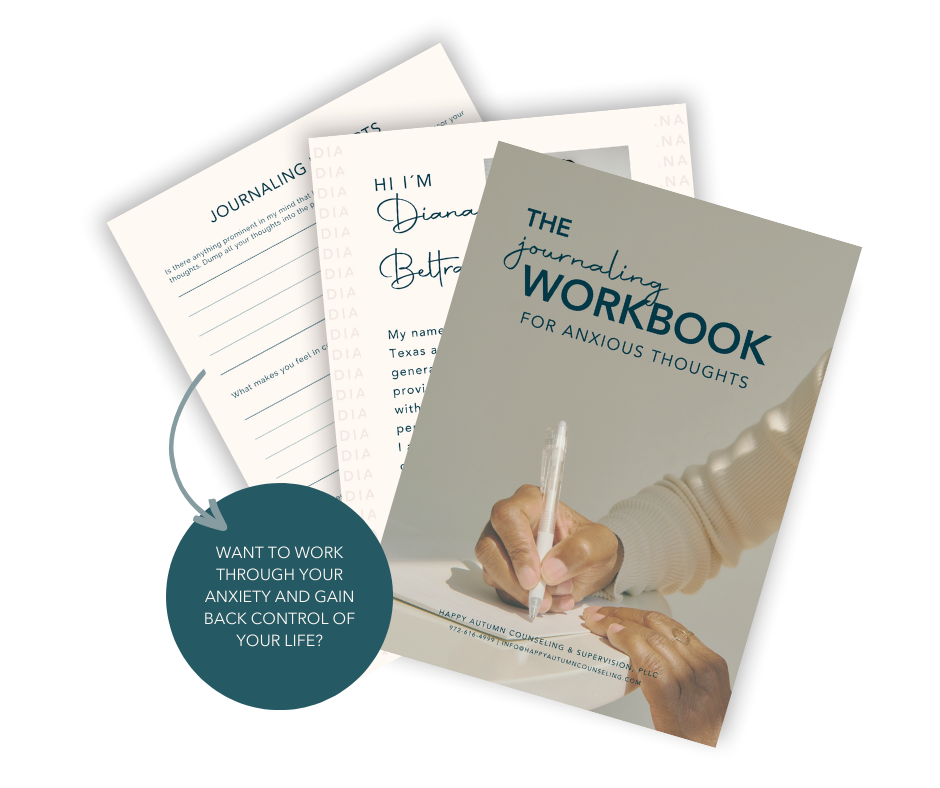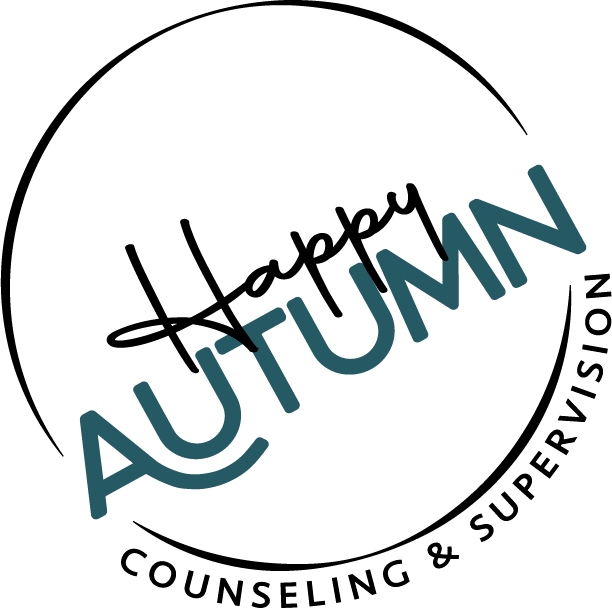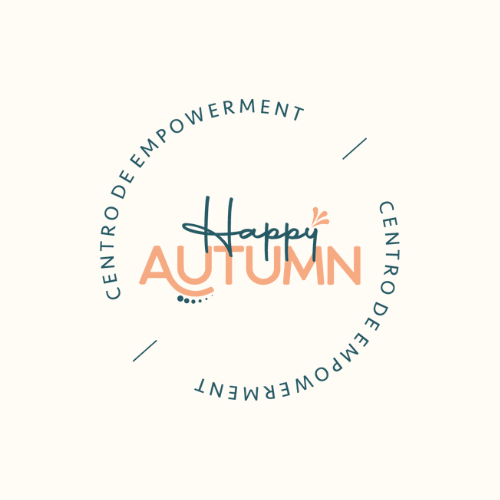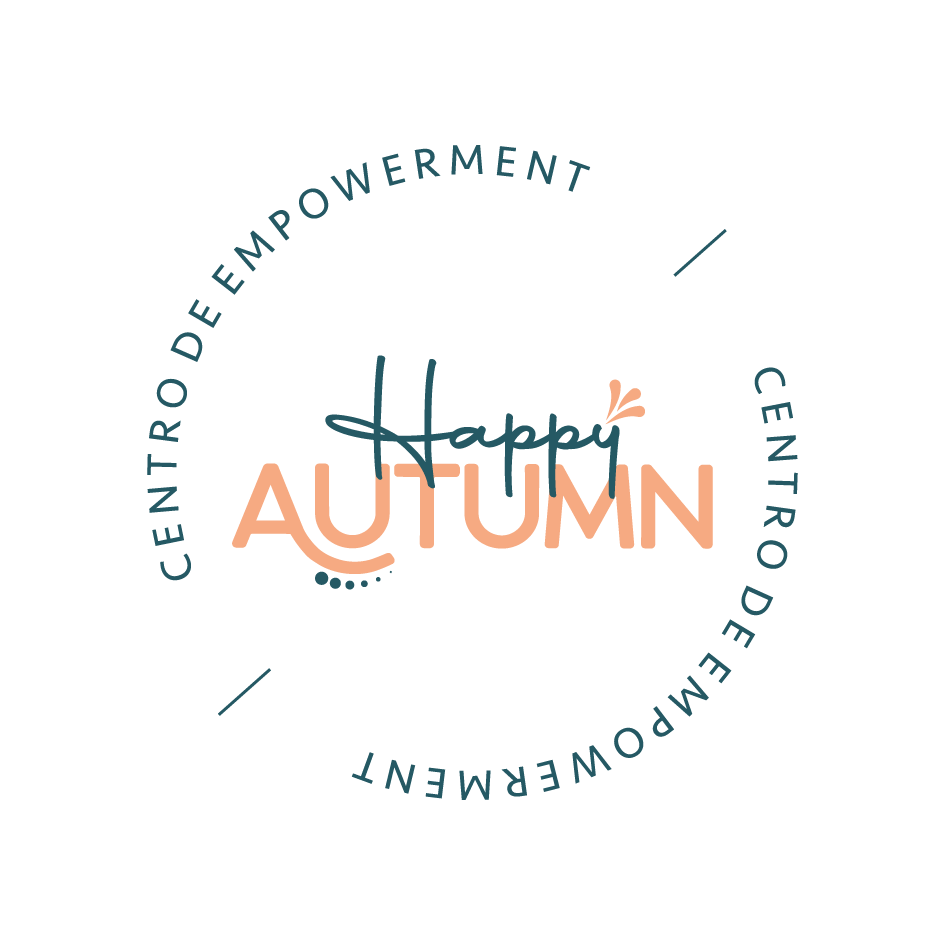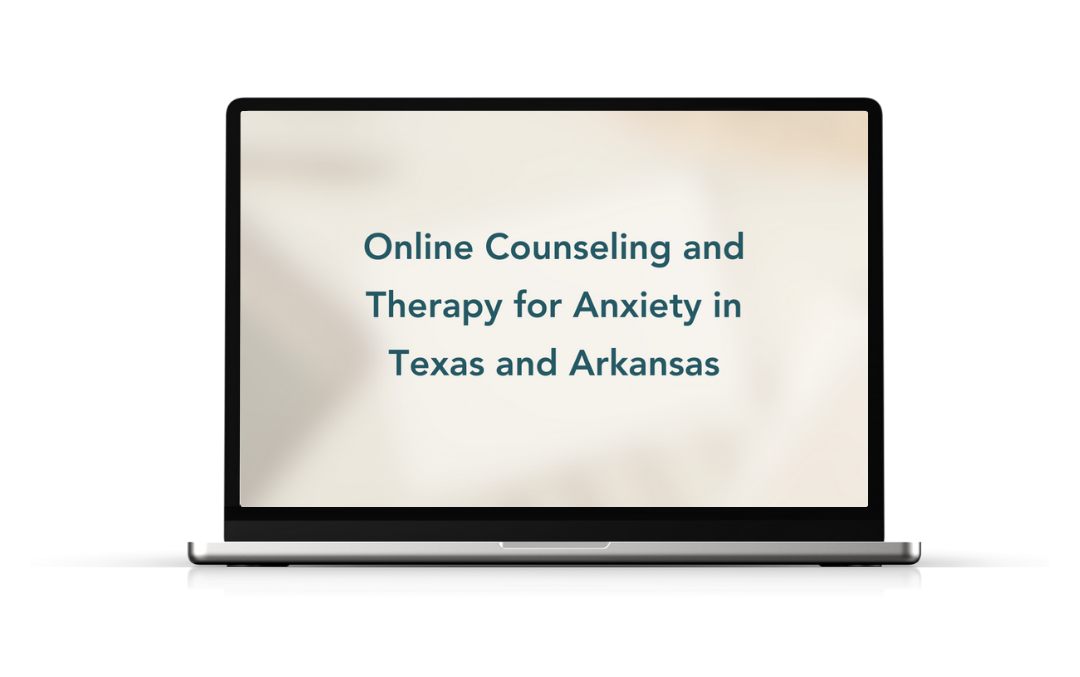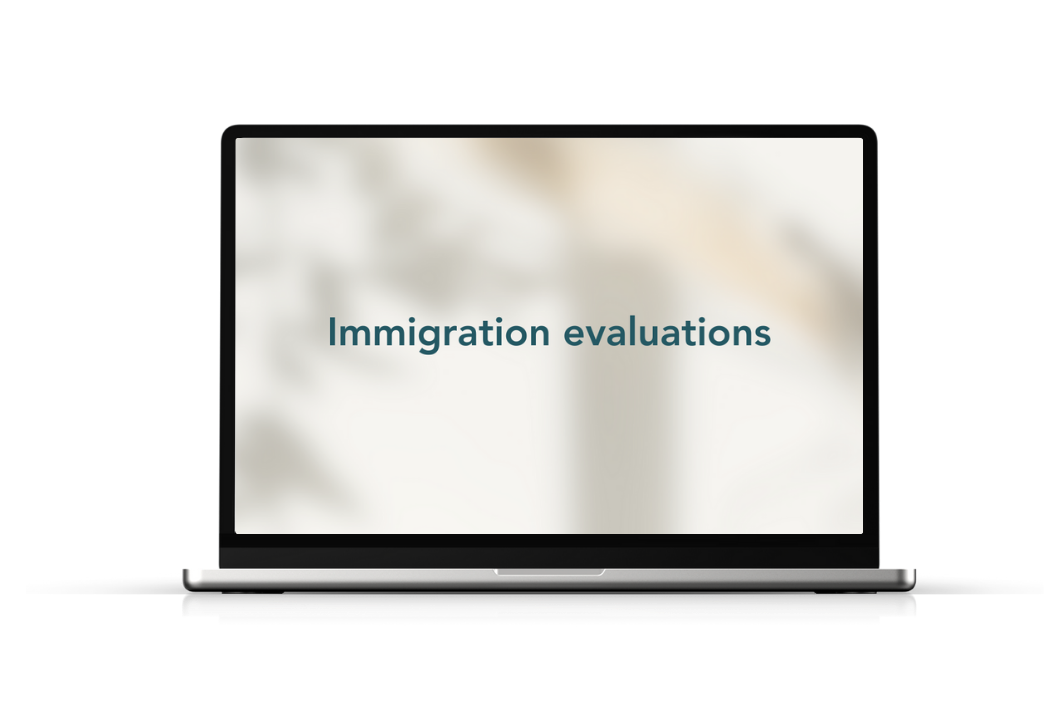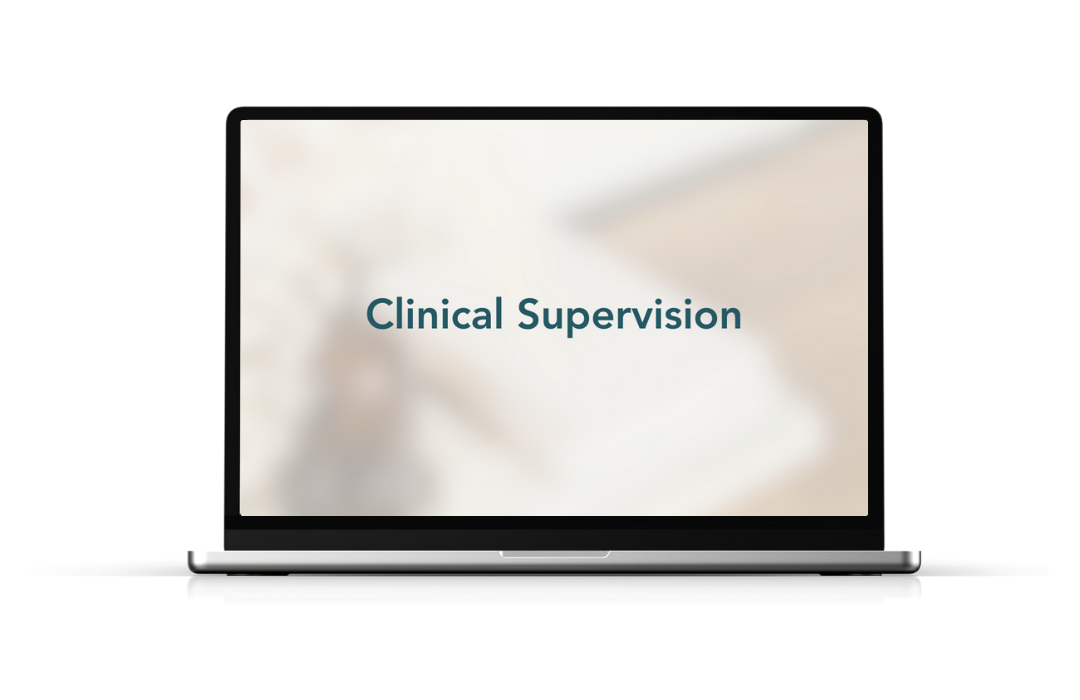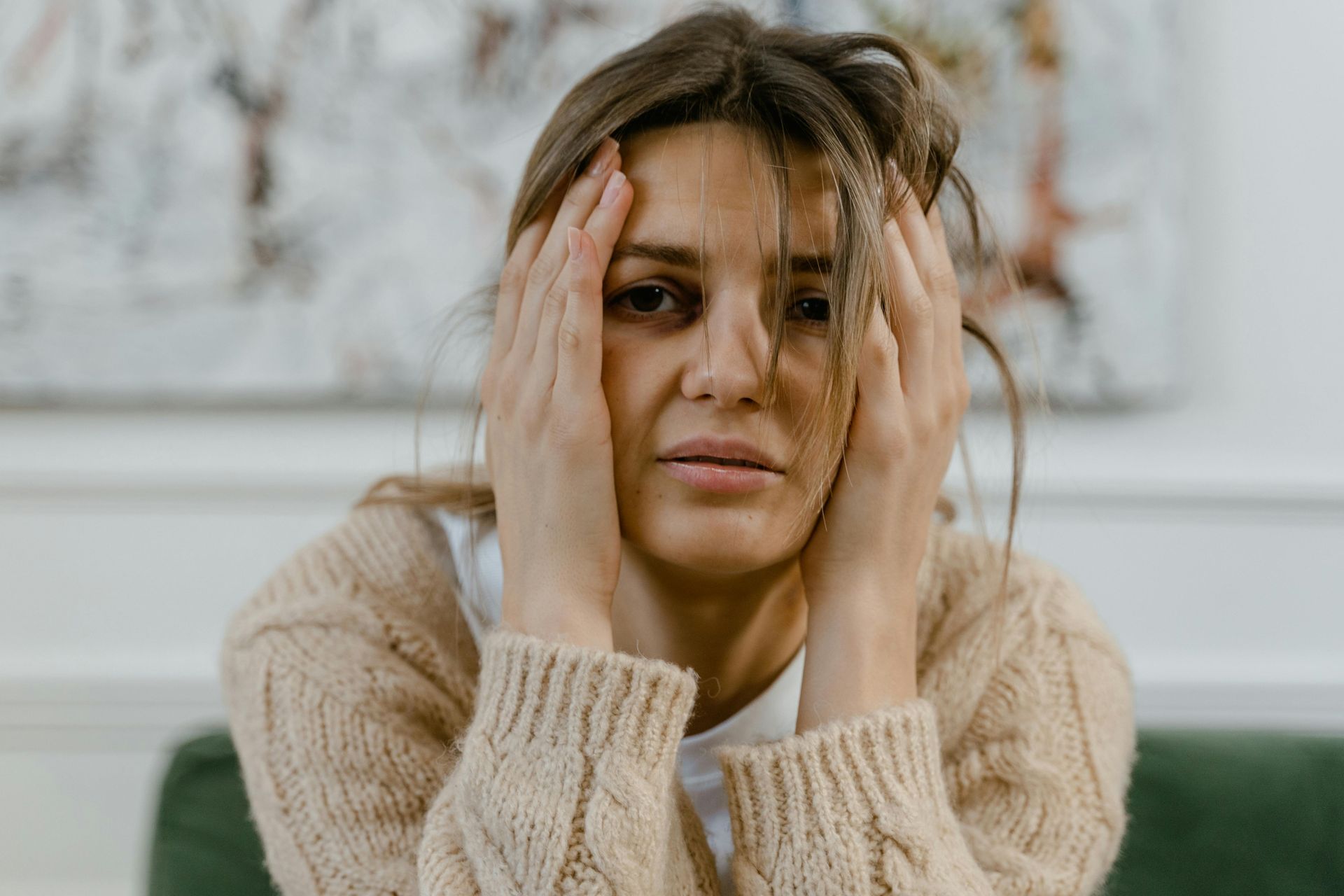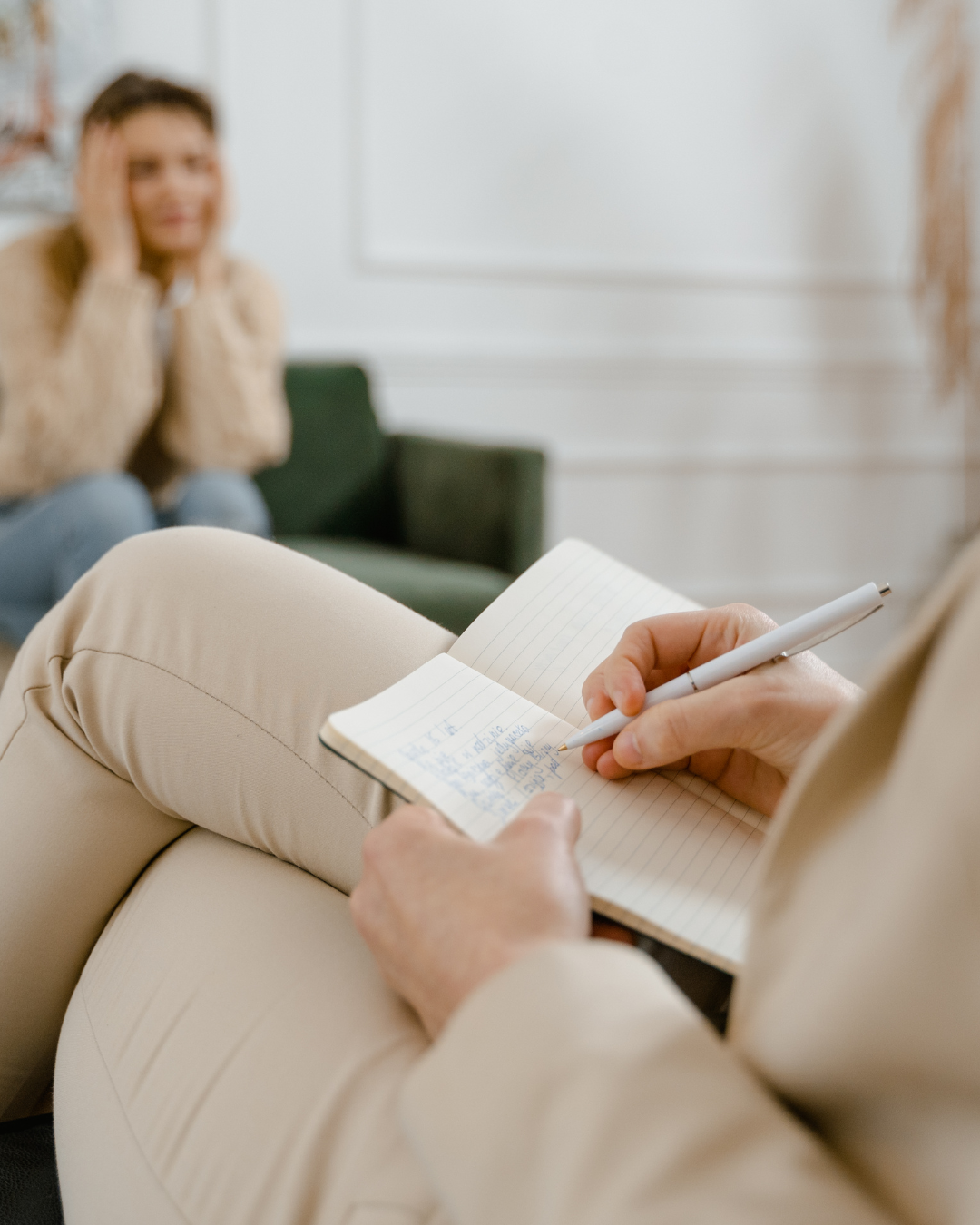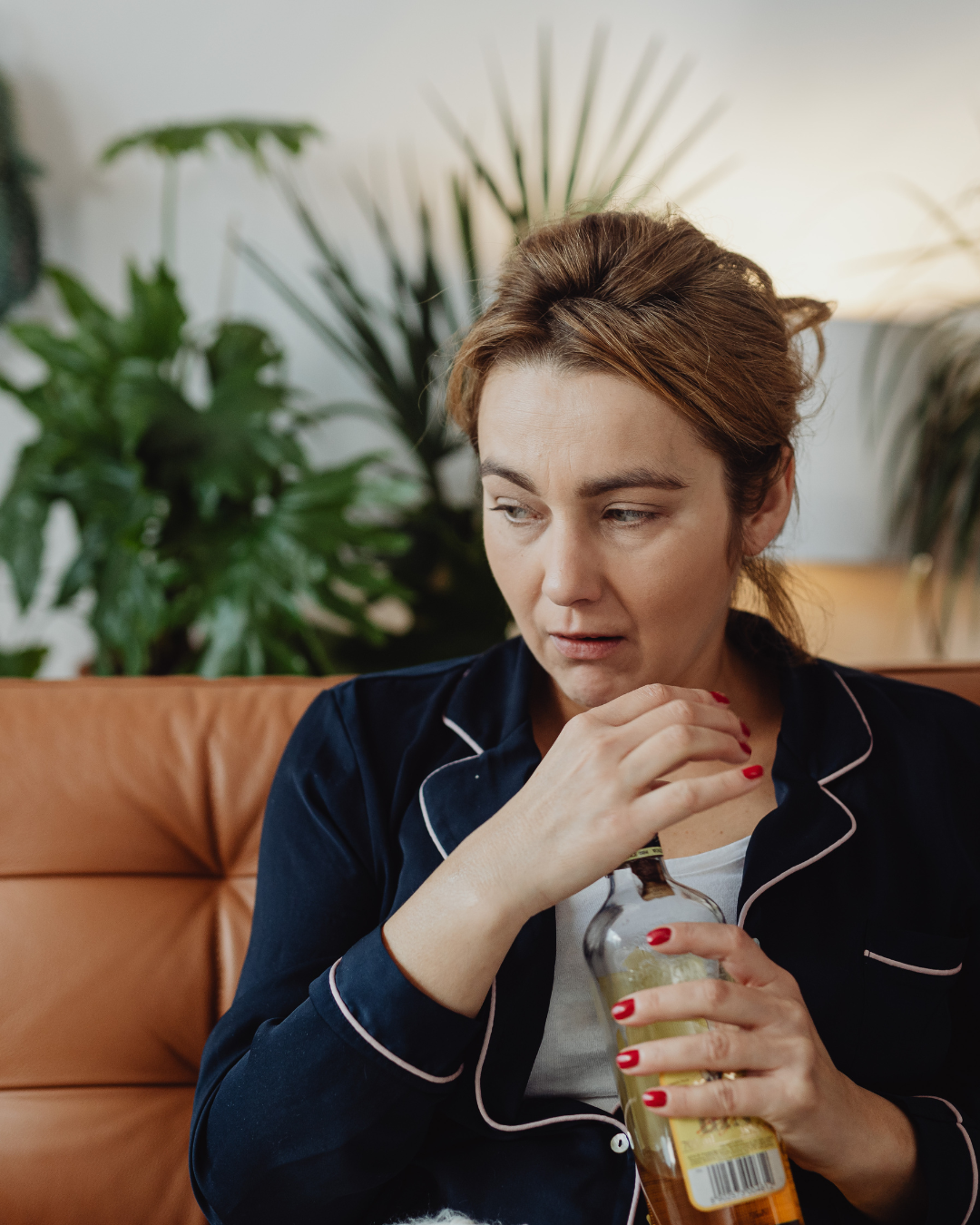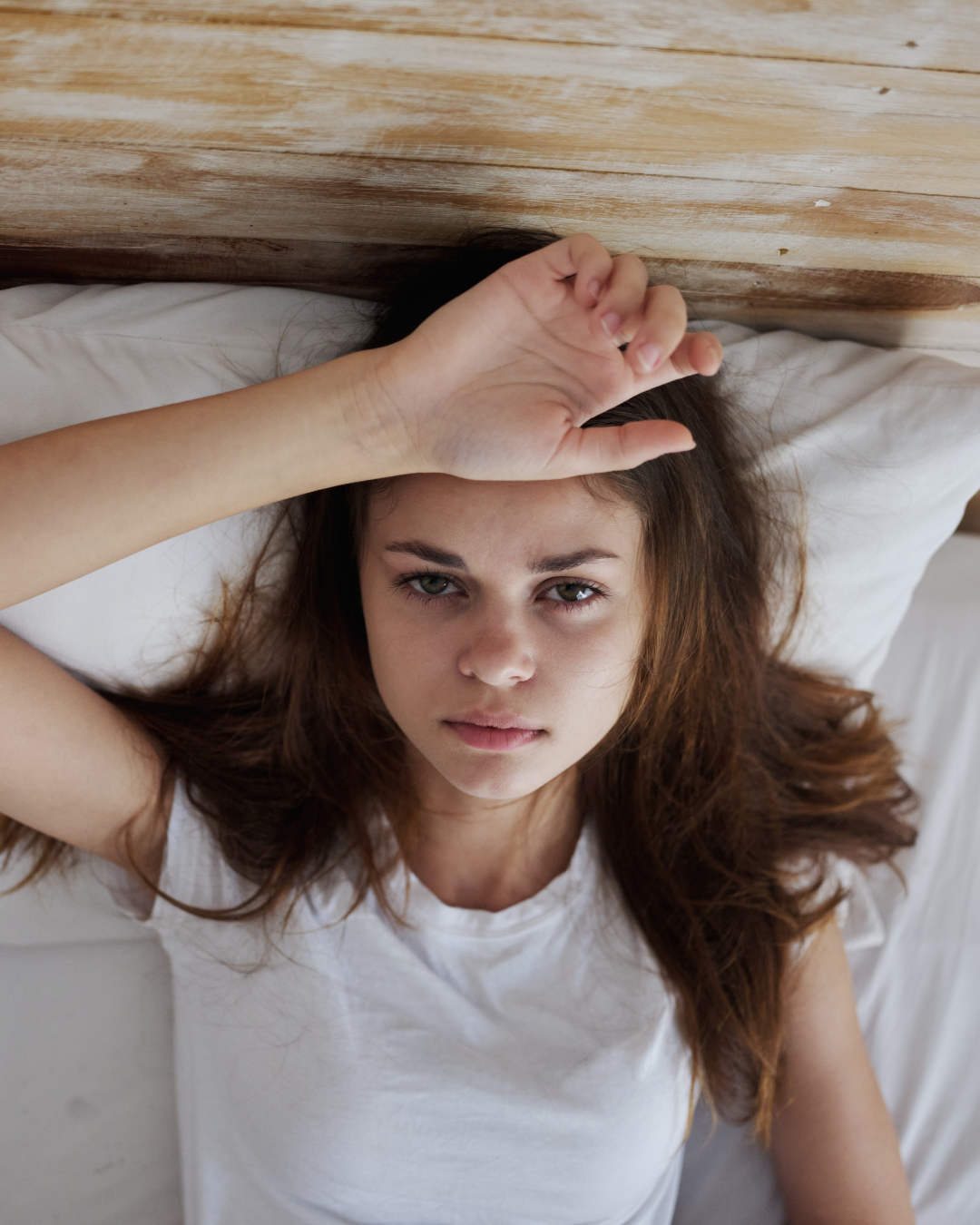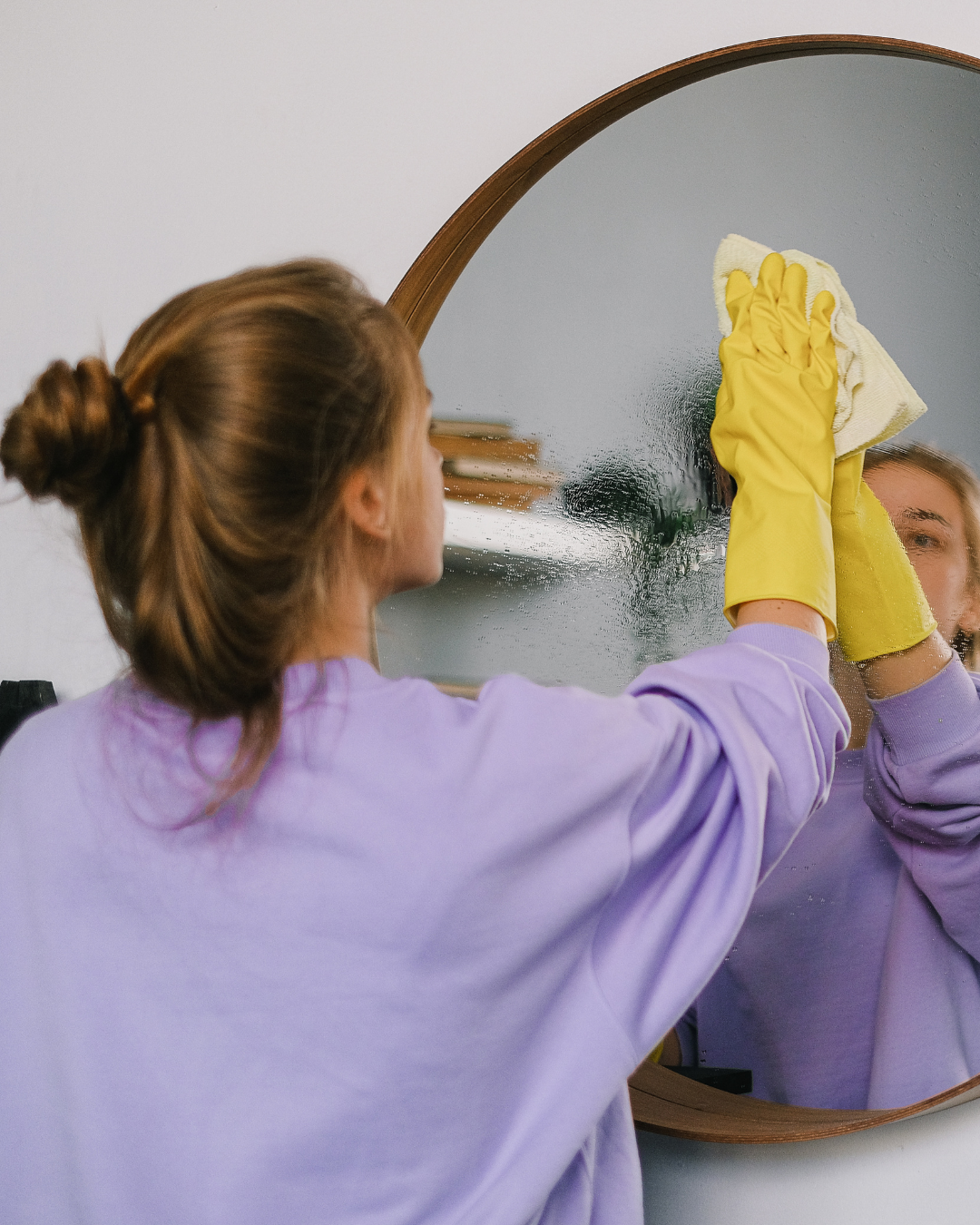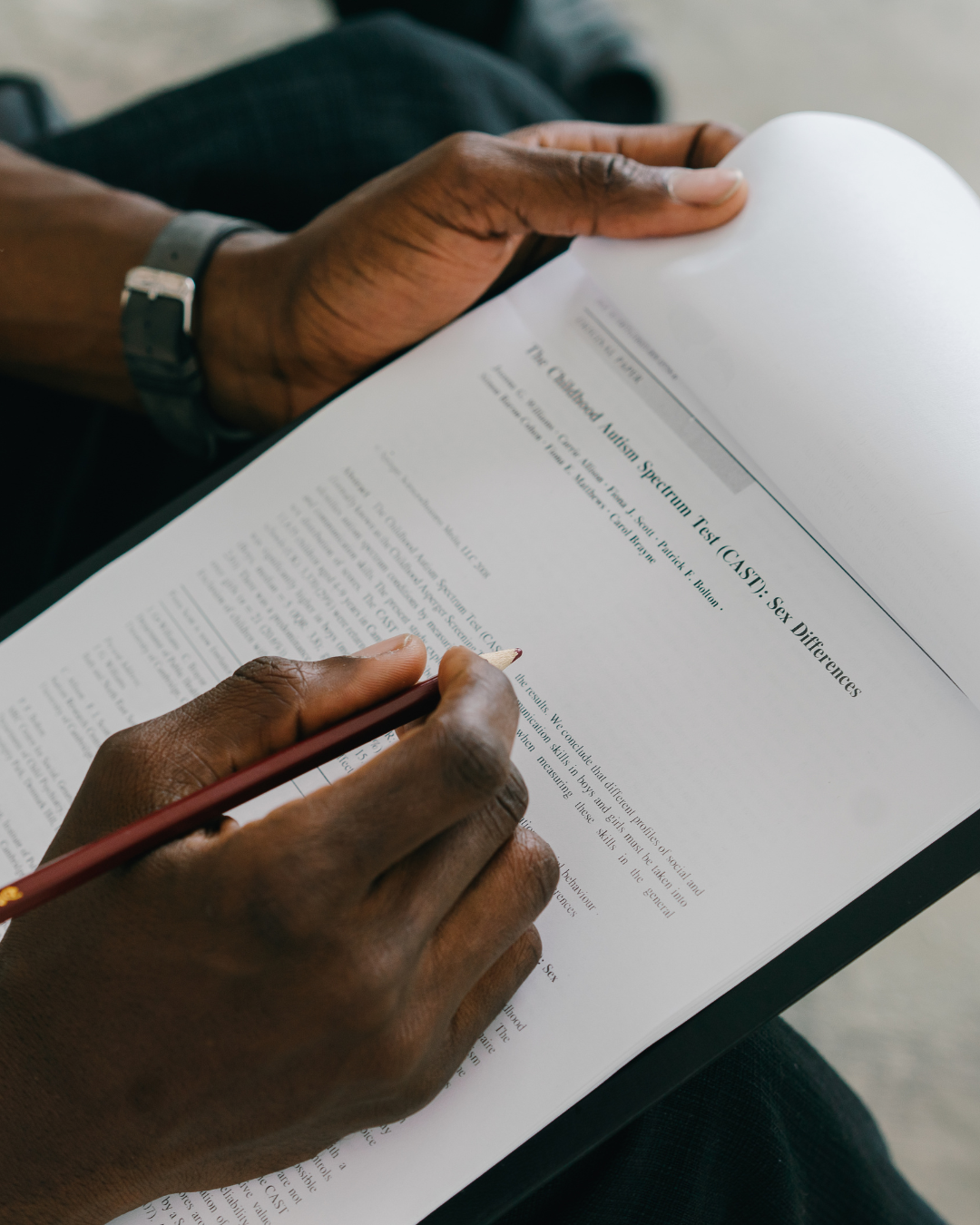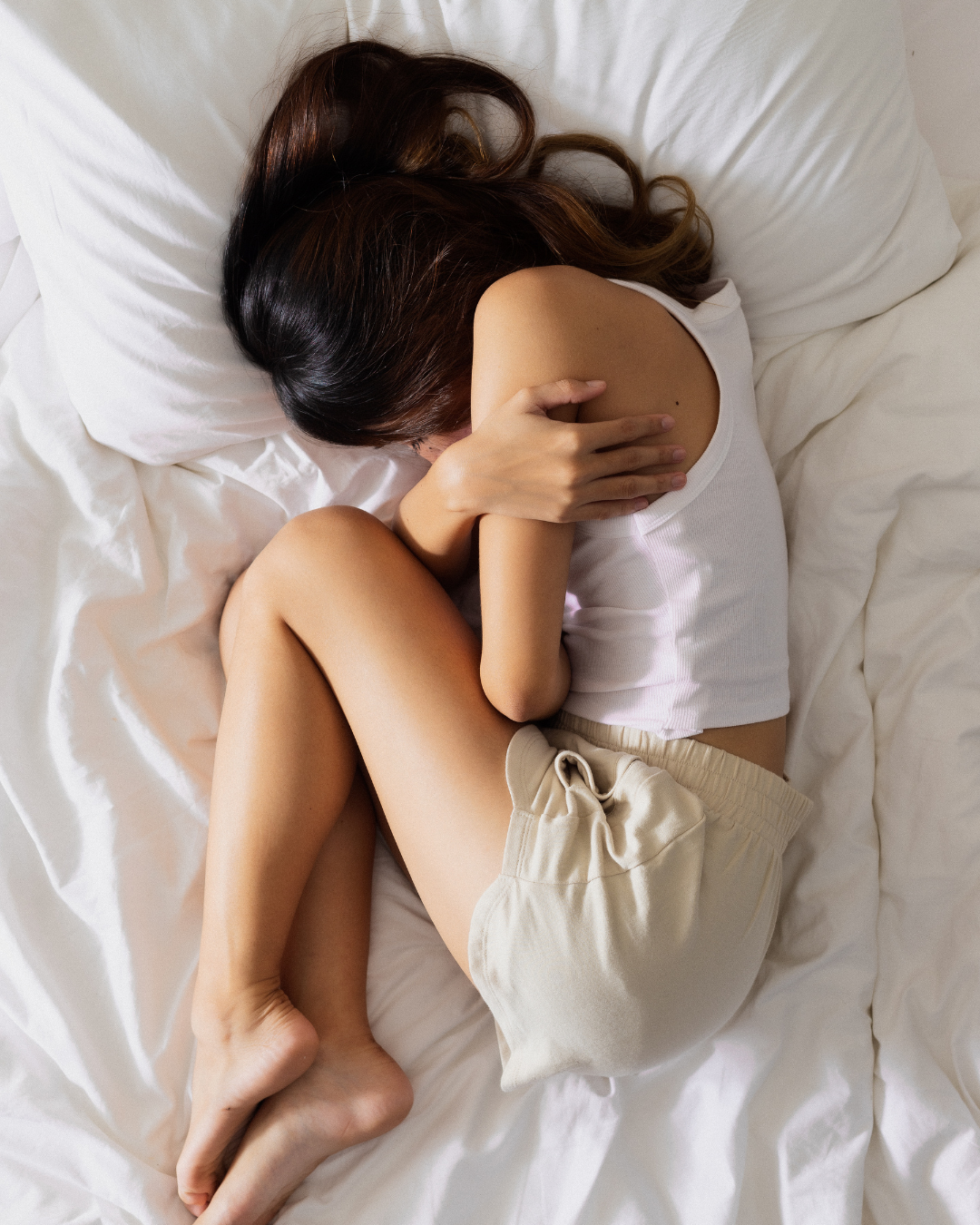Your complete guide to understanding anxiety symptoms in women: signs, causes, and solutions
Anxiety can feel like an invisible weight, pulling you down when you’re trying to keep everything afloat. For many women, anxiety manifests not just as worry but through physical, emotional, and behavioral symptoms that disrupt daily life. From racing hearts to feelings of dread, anxiety can take many forms, each affecting women differently. Understanding the signs and knowing how to seek help are vital first steps to reclaiming your mental health.
Hi, I’m Diana, the founder of Happy Autumn Counseling. As a therapist for women in Texas, I understand how Social anxiety therapy can affect every aspect of your life. Our practice is dedicated to providing compassionate, culturally sensitive therapy tailored to your unique experiences. Whether you’re dealing with physical symptoms, emotional distress, or behavioral changes, we’re here to guide you.
Signs and symptoms of anxiety in women
Anxiety in women often involves a combination of physical, emotional, and behavioral symptoms. These signs can vary greatly from person to person, but understanding the common symptoms can help you recognize when it’s time to seek support.

Physical symptoms
- Insomnia or trouble staying asleep.
- Fatigue, even after a full night’s rest.
- Sweating and hot flashes.
- Difficulty concentrating or feeling mentally foggy.
- Shortness of breath or hyperventilation.
- Tremors or muscle tension.
- Digestive issues, such as nausea, diarrhea, or stomach pain.
- Tachycardia or heart palpitations.
- Chest pain, which can sometimes feel like a heart attack.
- Dizziness or lightheadedness.
- Paresthesia (tingling or numbness in the hands and feet).
- Dry mouth (xerostomia).
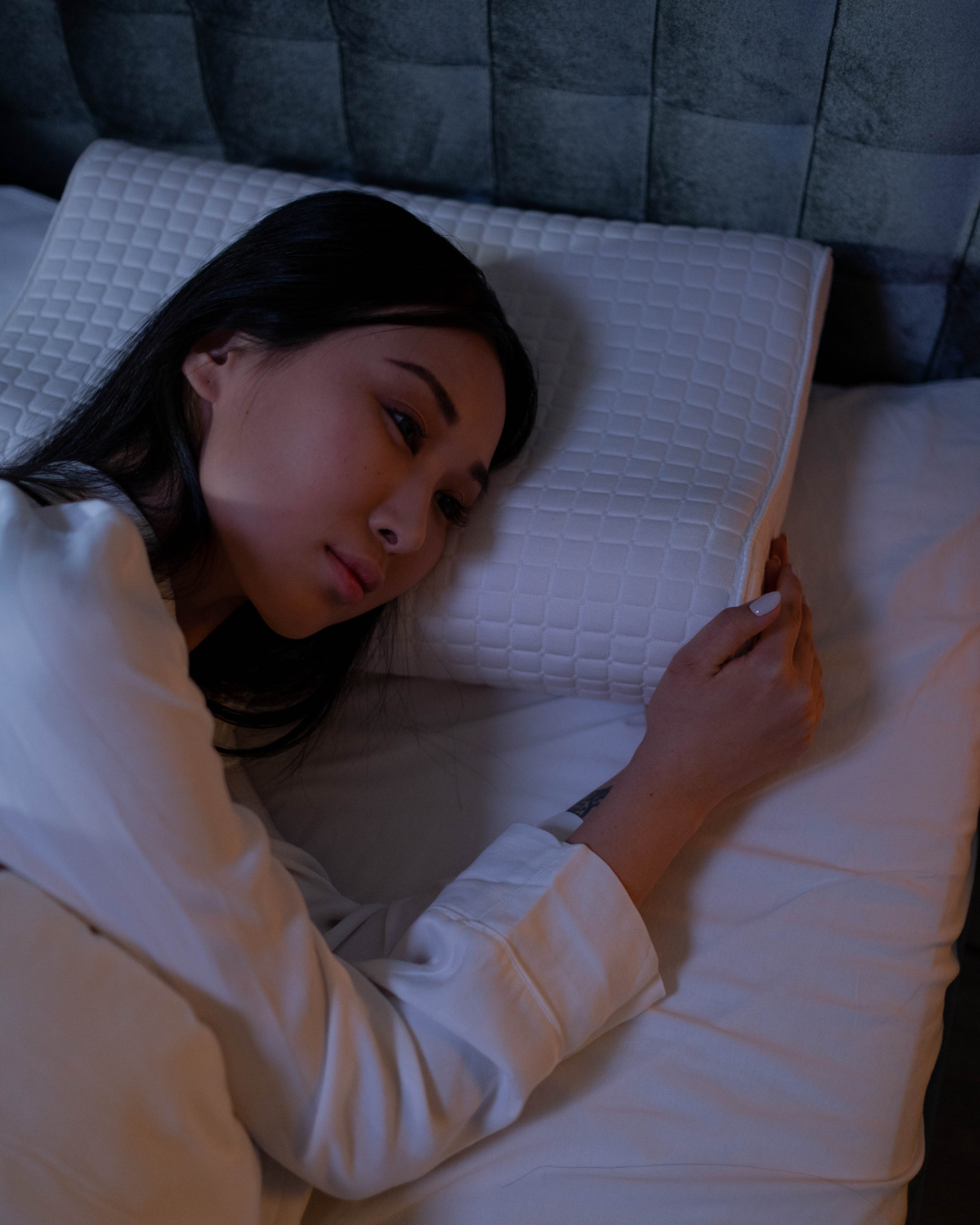
Emotional symptoms
- Persistent worry or uncontrollable thoughts.
- A sense of impending doom or fear of dying.
- Mood swings or irritability.
- Feelings of dread or panic.
- Fear of being judged or embarrassed by others.

Behavioral symptoms
- Avoiding activities you once enjoyed.
- Difficulty concentrating or procrastinating.
- Trouble sleeping or restlessness at night.
- The urge to avoid things that trigger anxiety.
Recognizing these symptoms is a critical step in understanding how anxiety affects your life. If you notice these patterns, seeking professional help can make a significant difference.

How to find out if you have anxiety
If you’re unsure whether you’re experiencing anxiety or just everyday stress, consider these steps:
- Self-reflection: Take note of how your symptoms are affecting your daily life. Do they interfere with work, relationships, or self-care?
- Track your symptoms: Keep a journal of when symptoms appear, their intensity, and possible triggers. This can help identify patterns.
- Seek a professional diagnosis: A therapist or mental health professional can evaluate your symptoms and provide a diagnosis. At Happy Autumn Counseling, we offer virtual therapy for women with thorough assessments to help women understand their experiences.
- Be open about your feelings: Share your symptoms with someone you trust, whether it’s a friend, family member, or therapist. Sometimes, an outside perspective can help clarify what you’re experiencing.
Can you have anxiety without physical symptoms?
It’s a common misconception that anxiety always comes with physical symptoms like a racing heart or sweating. In reality, anxiety can manifest purely through emotional or behavioral changes. For example, individuals struggling with social anxiety therapy may experience intense fear of social interactions, avoidance of gatherings, or excessive worry about being judged—without noticeable physical symptoms. Recognizing these signs is essential to seeking the right support.
- Emotional symptoms only: You might experience persistent worry, dread, or irritability without physical signs.
- Behavioral changes: Avoiding responsibilities or isolating yourself from others may signal anxiety even if you don’t feel physical discomfort.
Understanding that anxiety isn’t one-size-fits-all can help you recognize it in yourself or loved ones, even when the signs aren’t obvious.

Hormonal changes and anxiety in women
Women are particularly vulnerable to anxiety during key life stages that involve hormonal fluctuations. These changes can amplify anxiety symptoms, making it crucial to understand their role:
- Puberty: Hormonal surges during adolescence can intensify feelings of worry or fear.
- Menstruation: Many women report heightened anxiety during the premenstrual phase, tied to changes in hormone levels.
- Pregnancy: Anxiety can peak during pregnancy as women navigate physical changes, health concerns, and life adjustments.
- Postpartum: The postpartum period is a critical time when anxiety may emerge or worsen due to hormonal shifts and new responsibilities.
- Menopause: Hormonal changes during menopause can trigger anxiety symptoms, including mood swings and restlessness.
Recognizing how these stages impact anxiety can help women take proactive steps to manage their symptoms.

What to do if I feel like I have anxiety
If you suspect you’re dealing with anxiety, these steps can help:
- Acknowledge your feelings: Recognizing your anxiety is the first step toward addressing it.
- Practice grounding techniques: Use simple tools like deep breathing, focusing on your senses, or journaling to calm your mind.
- Seek professional help: Therapy can provide a safe space to explore your symptoms and learn coping strategies. At Happy Autumn Counseling, we specialize in helping women manage anxiety through evidence-based methods.
- Prioritize self-care: Make time for activities that nourish your body and mind, such as exercise, reading, or connecting with loved ones.
- Build a support network: Share your experiences with trusted friends or join a support group to feel less alone.
Practical strategies for managing anxiety symptoms
Living with anxiety can feel overwhelming, but practical strategies can help you regain control:
- Establish a routine: Consistency can reduce feelings of uncertainty and promote a sense of stability.
- Set boundaries: Learn to say no to things that drain your energy or trigger your anxiety.
- Try relaxation exercises: Techniques like progressive muscle relaxation or yoga can ease physical tension.
- Focus on small steps: Break tasks into smaller, manageable parts to avoid feeling overwhelmed.
- Limit stimulants: Reduce caffeine and alcohol, which can worsen anxiety symptoms.
- Practice gratitude: Reflecting on positive aspects of your life can shift your focus away from worry.
- Stay informed: Educate yourself about anxiety to understand its impact and feel empowered to seek solutions.
Seeking therapy is also a powerful way to learn coping mechanisms. At Happy Autumn Counseling, we offer personalized support to help women find relief.

Ready to reclaim your calm? Let's manage anxiety together
Are you ready to take control of your anxiety and find peace of mind? At Happy Autumn Counseling, we provide compassionate, culturally sensitive therapy tailored to women’s unique needs.
*AI Disclosure: This content may contain sections generated with AI with the purpose of providing you with condensed helpful and relevant content, however all personal opinions are 100% human made as well as the blog post structure, outline and key takeaways.
*Blog Disclaimer: Please note that reading our blog does not replace any mental health therapy or medical advice.
The content shared on this blog is for informational and educational purposes only and does not constitute therapeutic advice or a substitute for professional mental health services. Reading this blog does not establish a therapist-client relationship. If you are in need of mental health support, please seek help from a licensed professional in your area.

Hello! you
Welcome to Happy Autumn Counseling.
We are a virtual group practice of bilingual therapists passionate about supporting you through life’s challenges. Whether you’re dealing with anxiety, trauma, OCD, substance abuse, or any mental health issue, our goal is to help you regain control, tackle stress, and empower you to thrive.
Grab my free journaling workbook
